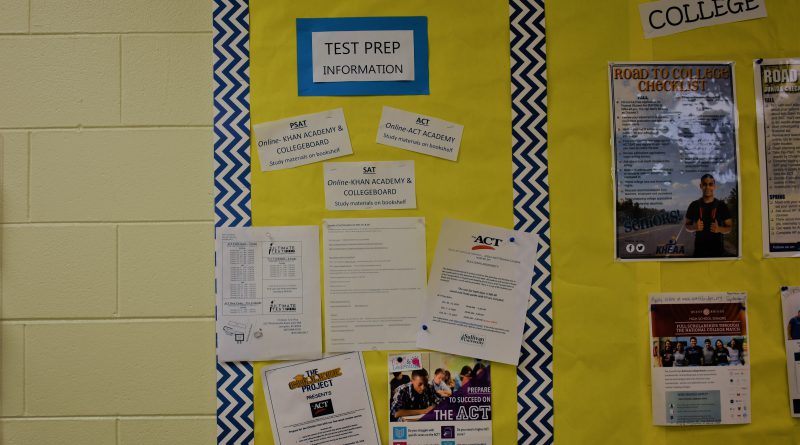The DA offers test-taking tips for the PSAT
Freshman and Sophomores will be taking the PSAT on October 10. This can be overwhelming for many students, as they have to worry for this test as well as do normal classwork. However using a few strategies can greatly increase the odds of scoring higher. The strategies can even be used on the ACT or SAT. Here are five strategies to getting a high score on the PSAT.
- Studying only the essentials.
Space studying out and focus on small tidbits like grammar and formulas for math. A good percentage of questions on the PSAT require knowing an equation and executing it properly. While the reading part of the test may require reading comprehension, it also asks grammar or how a sentence will be formed. Being able to point out this mistakes will be beneficial to scoring high on the test.
- Guessing
This is the best last ditch strategy when reaching a hard question that can’t be solved. There is a 25% chance to get the answer right. There is not a penalty for guessing wrong. If you get the question wrong, it won’t subtract points from the ones that are correct. If there is no time left and some questions are unanswered, pick one letter and fill out the remaining questions with that choice.
- Process of Elimination
Always use elimination. Elimination is strategically eliminating one or more of the four possible answers on the test. If you can eliminate an answer then the odds will go from 25% to 33%. If the student can eliminate one more it is a 50% chance. That is the same odds as flipping a coin. By doing this the answer can be figured out from the two or three you have left.
- Divide and Conquer in Reading Comprehension
The reading comprehension part of the PSAT can be tough for students that aren’t skilled at reading. Students should find the passage that they find easy or enjoyable to them. After completing the passage and answering the questions move up to the next hardest passage and so forth. This helps save time because the first passage may be the hardest, and the student can take up a large part of the time, then miss the questions on the easier ones.
- Divide and Conquer in Math
Math can dip into many different subject areas that a student may not have ever studied. This is okay. Working on the ones you know right away will guarantee points to the student if answered correctly. After finishing the ones that have been taught move on to the ones where there is some knowledge in how to solve them. Finally guess on the ones that are too hard to be completed or started.
